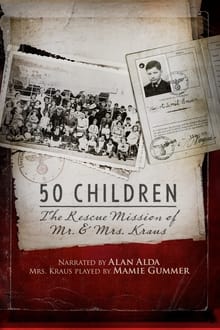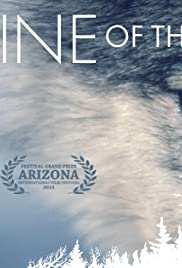
1982’s Video Game World Champions share their philosophies on joysticks, groupies and life.
You May Also Like

The story of lion trophy hunters in Africa. KING OF BEASTS offers a close-up on the world of the controversial ‘sport” of lion hunting.

The extraordinary story of former Arizona Congresswoman Gabby Giffords: her relentless fight to recover following an assassination attempt in 2011, and her new life as one of the most effective activists in the battle against gun violence.

Living with with life shortening genetic lung condition called Cystic Fibrosis, Nick Di Brizzi is on his journey to finding new lungs for a chance at a longer life.

Michelle Buteau talks going viral, raising twins, and the lows of getting high in this herstory-making special.

In 2019, thousands of Danish children and youths took to the streets. They stayed away from school to demonstrate for the climate, mobilise their parents and grandparents, and demand action – now! When elections were called later the same year, it was clear that green climate policies attracted voters, and suddenly the climate was at the top of the political agenda. ‘70⁄30’ portrays the creation of one of the world’s most ambitious climate laws, with the goal of reducing Denmark’s CO2 emissions by 70% by 2030. But will the politicians, citizens and industry be able to come together to make Denmark a green pioneer? Or will the election promises and green ambitions crumble when the new climate law is faced with reality?

In the spring of 1939, Gilbert and Eleanor Kraus embarked on a risky and unlikely mission. Traveling into the heart of Nazi Germany, they rescued 50 Jewish children from Vienna and brought them to the United States.

In 1983 two young racing drivers where fighting for supremacy in the British Formula 3 series. Winning the championship would guarantee them a place in Formula 1 for the next year. It was a time when junior formula racing was still simple and raw; a time when the driver was in charge of winning.

After 40 years of protection, Grey wolves were recently de-listed federally from endangered species act and their fate was handed over to state legislatures. What ensued was a ‘push to hunt’ in wolf country across the United States. Filmmaker Julia Huffman travels to Minnesota and into wolf country to pursue the deep and intrinsic value of brother wolf and our forgotten promise to him.

After a lifetime of hiding, Chely Wright becomes the first commercial country music singer to come out as gay, shattering cultural stereotypes within Nashville, per conservative heartland family and, most importantly, within herself. With unprecedented access over a two-year period, including her private video diaries, the film layers Chely’s rise to fame while hiding in the late 90’s with the execution of her coming out plan, culminating in the exciting moment when she steps into the media glare to reveal she is gay. The film shows both the devastation of internalized homophobia and the transformational power of living an authentic life. The film also documents the conflicting responses from Nashville, the heartland and the LGBT community as Chely Wright prepares for an unknown future.

This documentary takes a deep look at both the driver and the car through the rebuild of the last FW14B, which has only ever been driven by Mansell. Thirty years later we break down what made this car so special and follow the journey of Mansell’s suspenseful, heart-breaking and ultimately victorious career and his last chance to become a world champion.

Under the shadow of Mount Kenya, young Maasai Warriors have remarkably formed a cricket team. In a community deep with tradition, where female genital mutilation (FGM) is still a rite of passage, these young Maasai express their frustrations at inequality by smacking cricket balls on the plains of Kenya and dreaming of life beyond their own village. Thus begins a journey all the way to England; the home of cricket. It is a journey which gives the Warriors the courage to face their elders in the hope of ending FGM.

Georg Baselitz: Making Art after Auschwitz and Dresden explores the artist’s brilliant career through his 2007 retrospective exhibition at London’s Royal Academy of Arts. Accompanied by curator Norman Rosenthal, who first exhibited paintings by Baselitz in the early 1970’s, the artist discusses painting, sculpture and the trajectory of his work. The exhibit emphasizes Baselitz ability to create imagery that deals unflinchingly with his position as a post-war artist. In responding to contemporary experience and exploring his own painterly instincts, Baselitz creates symbols which reflect deep-rooted human dilemmas and concerns.